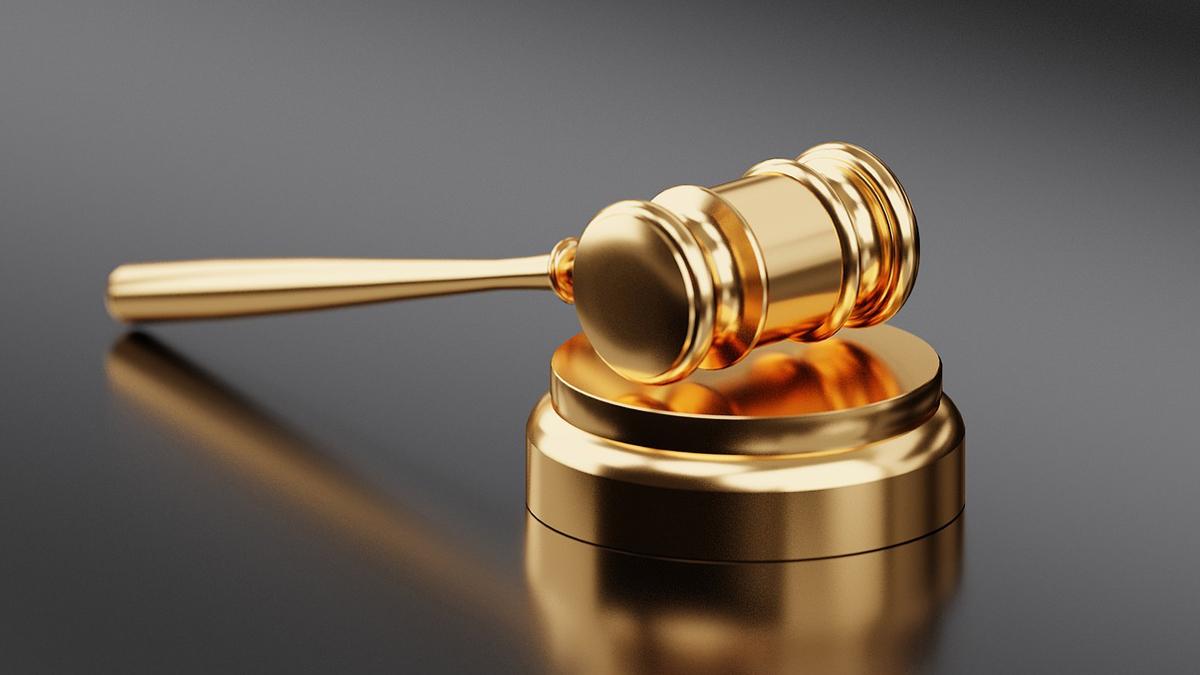All eyes remain on US government patent dispute with Gilead

A high-stakes court battle is currently being fought in the US, with the government accusing a big pharma company of patent infringement for the first time. Ben Hargreaves explores the case, why it is being pursued, and what it could mean for the future of collaborative research.
The search to find a cure for HIV is an ongoing battle. There are hopes that the development of new therapeutic approaches, such as mRNA vaccines, could provide that breakthrough. However, such efforts are likely to only yield results in the long-term. By virtue of continued research into the space, treatments have advanced rapidly since the first effective therapy was developed in 1987. One of the major breakthroughs was the emergence of pre-exposure prophylaxis (PrEP) medicine.
PrEP is a medicine that is taken to prevent HIV transmission. It is highly effective at preventing infection with the virus, reducing the risk of contracting HIV from sex by approximately 99%, and through injected drug use by at least 74%. The efficacy of the treatment made the branded treatments, Truvada (emtricitabine and tenofovir disoproxil) and Descovy (emtricitabine tenofovir alafenamide), a major commercial success for the company behind them, Gilead. Despite the significance of the breakthrough, the recent history of the treatments has been dogged by controversy over pricing, and an ongoing legal battle between Gilead and the US government regarding patents.
The US government vs. Gilead
The case was brought against Gilead by the US Department of Justice, based on a complaint alleging infringement of four US patents awarded to and owned by the US government. The patents cover specific drug regimens used for PrEP that prevent HIV transmission, in connection with Gilead’s Truvada and Descovy. The case itself was initiated in 2019, but the background of the case actually begins in the early 2000s.
The US government states that researchers at the US Centers for Disease Control and Prevention’s (CDC) Division of HIV/AIDS Prevention invented a two-drug regimen that could prevent people from becoming infected with HIV. It further added that these innovations are now covered by the four patents, while the government itself had spent ‘hundreds of millions of dollars’ on clinical studies to develop the treatment regimen. On working with Gilead on the issue, the government stated that the company had “repeatedly refused to obtain a licence for use of the patented drug regimens,” and had chosen to challenge the validity of the patents, rather than pay royalties.
For its part, Gilead sued the US government for breach of contract relating to the assertion of patents that it ‘secretly obtained’ in alleged violation of the collaboration agreements the two parties had entered into. The company also stated that the government, acting through the FDA, had encouraged Gilead to seek approval for the product whilst seeking patent protection.
Gilead did not respond to a request for comment on this piece.
Outsized impact
Earlier this year, the Delaware District Court sided in favour of Gilead. The six-member jury agreed with Gilead on all counts, including that its products do not infringe patents awarded to the US government, and that the same patents were invalid. If Gilead had lost, the company may have been liable to pay up to $1 billion in unpaid royalties on the products, and damages.
On the decision, Gilead released a statement, “Gilead is proud to have invented and developed Truvada and Descovy. Today’s decision confirms our longstanding belief that we have always had the rights to make Truvada and Descovy for PrEP available to all who need it. Gilead will continue to champion collaborations, including our efforts with the US Health and Human Services Department (HHS) and CDC.”
At the end of June, the US government sought to overturn the loss. A lot is at stake for both parties. For Gilead, the products generate significant revenue each year, with the company’s full year 2022 financial statement outlining that Descovy managed global sales of $1.7 billion and Truvada brought in $371 million. A court requiring the company to pay royalties, and back pay on previous years’ sales, would have an impact on Gilead’s overall revenue. For the US government, a loss on appeal could hinder or dissuade it from pursuing licence agreement on tax-payer funded research.
WilmerHale, the legal team that pursued the case on behalf of Gilead, referred to the case as ‘extraordinary’, as the first-ever US government lawsuit against a pharma company for patent infringement. The company noted that the case is being watched by the pharma industry on account of the potential impact on business.
“The industry’s concern was that a Gilead loss could harm future collaborations between drug companies and the government that are so important to successful drug development. Gilead’s win lifted the cloud of uncertainty over the entire pharmaceutical industry’s working relationship with the Centers for Disease Control, the industry’s long-time government partner in necessary pre-clinical and clinical trials,” WilmerHale stated.
More than just business as usual
Though the final outcome will be important to both the industry and the US government, there is a third party that has a significant interest and stake in the case: the people needing to take the products. PrEP4All, an advocacy organisation aiming to increase access to HIV medication, reacted to the result of the case with ‘disappointment’.
“The United States v. Gilead case creates an opportunity to correct a decade-long injustice that led to hundreds of thousands of new HIV infections. The US government invested at least $143 million in HIV PrEP research that served as the primary basis for FDA approval of the first PrEP product in 2012. In the years since, Gilead has profiteered on this groundbreaking public science. For many years now, the company has charged American patients an obscene price for PrEP—over $20,000 per patient per year,” the organisation commented.
Due to the cost of the treatment, PrEP4All stated that the high cost of the treatment is responsible for limiting access to the treatments and thereby perpetuating the HIV epidemic. The organisation’s hope is that a win for the US government could mean that the royalty payments could be used to expand access to PrEP treatments, HIV testing, and related care. In terms of the need, PrEP4ALL outlined that Gilead’s treatments have “only reached a quarter of Americans who would benefit most from it, with only 9% and 16% of Black and Latinx individuals in greatest need gaining access.”
PrEP4All is not alone in backing the US government to fight the case with Gilead. An open letter was published, addressed to the Department of Health and Human Services Secretary Xavier Becerra that counted 32 organisations among the signatories, which encouraged the US government to continue the legal case. The letter concludes: “The government must continue to press its case on behalf of the American people, including an appeal (as necessary). We demand that Gilead pay for years of infringement of publicly owned patents, for years of profiteering on PrEP, and for the toll its profiteering has taken on the health of the American public.”
With the legal proceedings rumbling on, there will be many stakeholders eyeing the conclusion to the case. No matter which way the case is decided, there is likely to be a noticeable impact in how the US government conducts research with pharma partners moving into the future.












